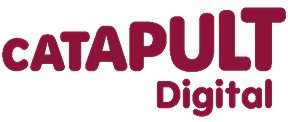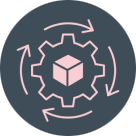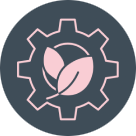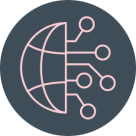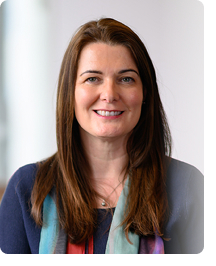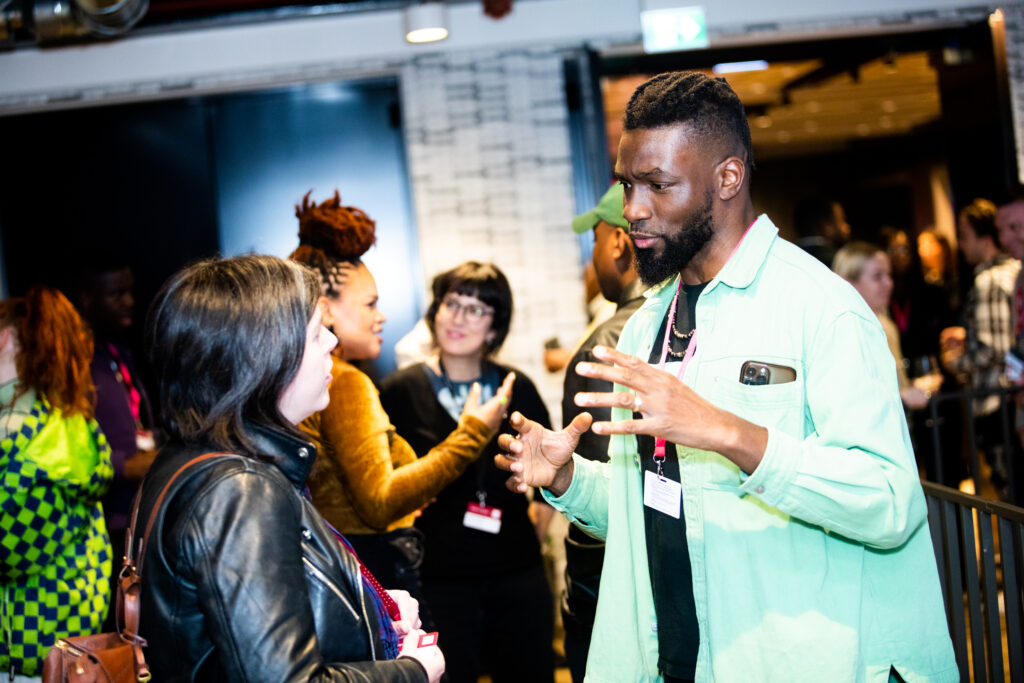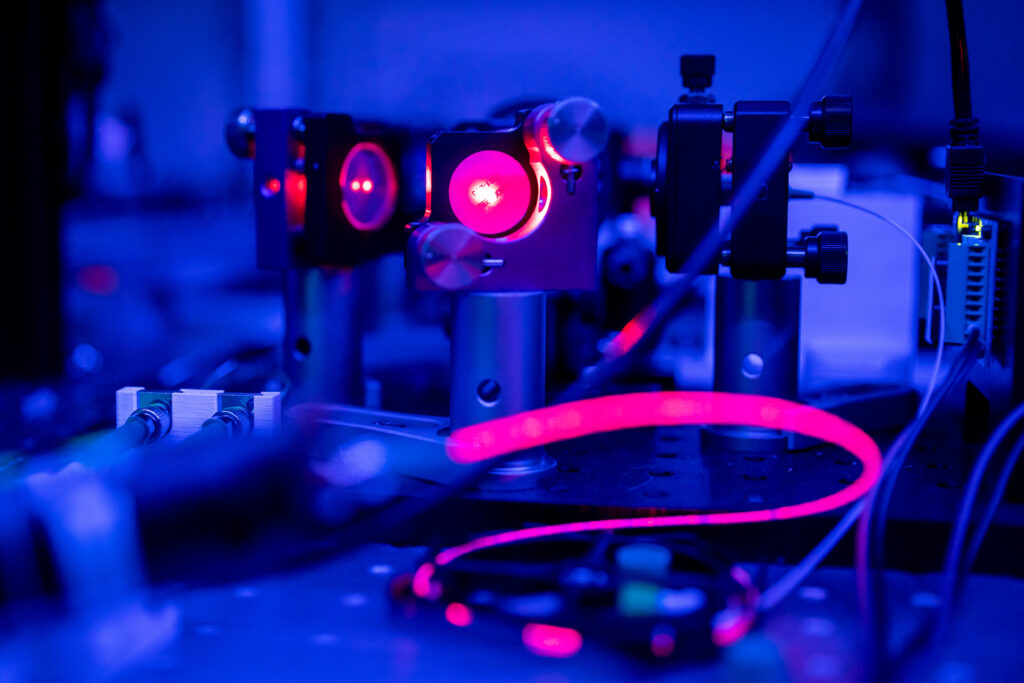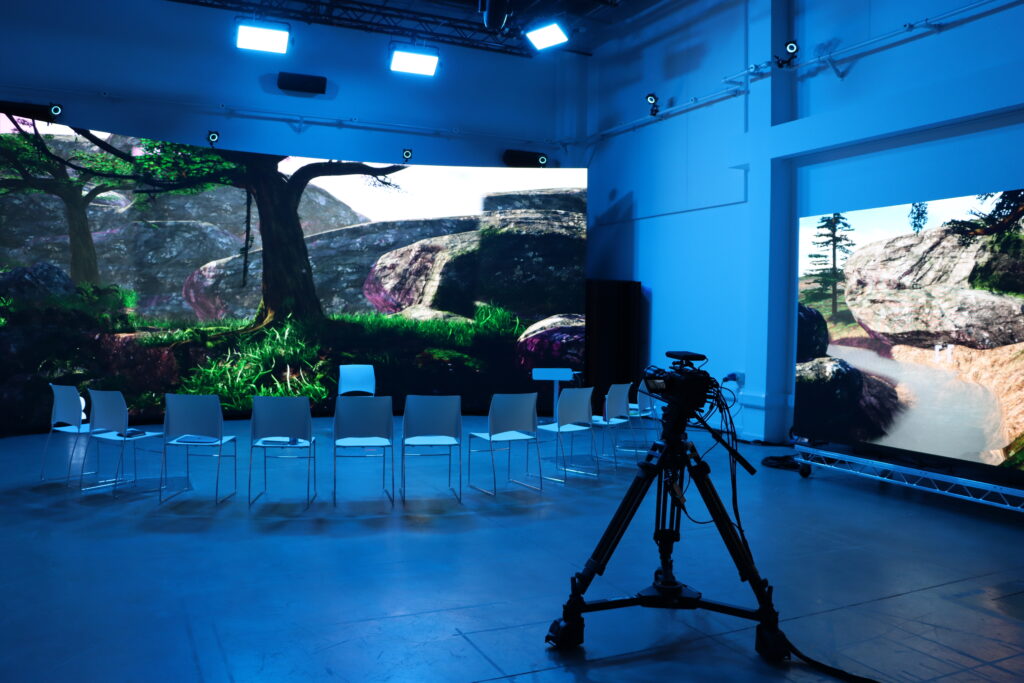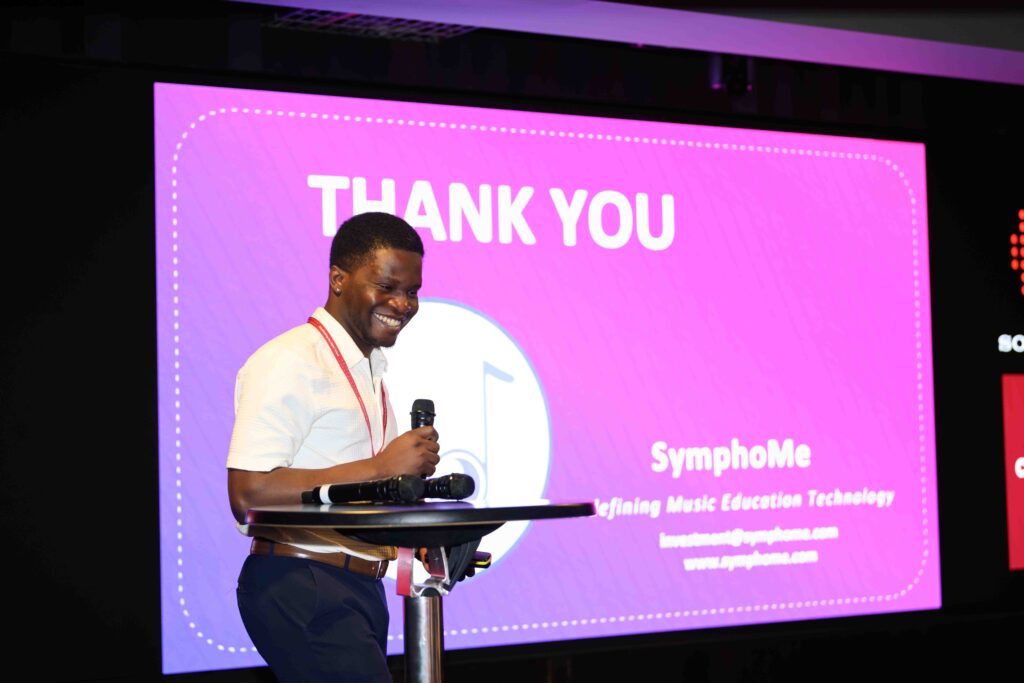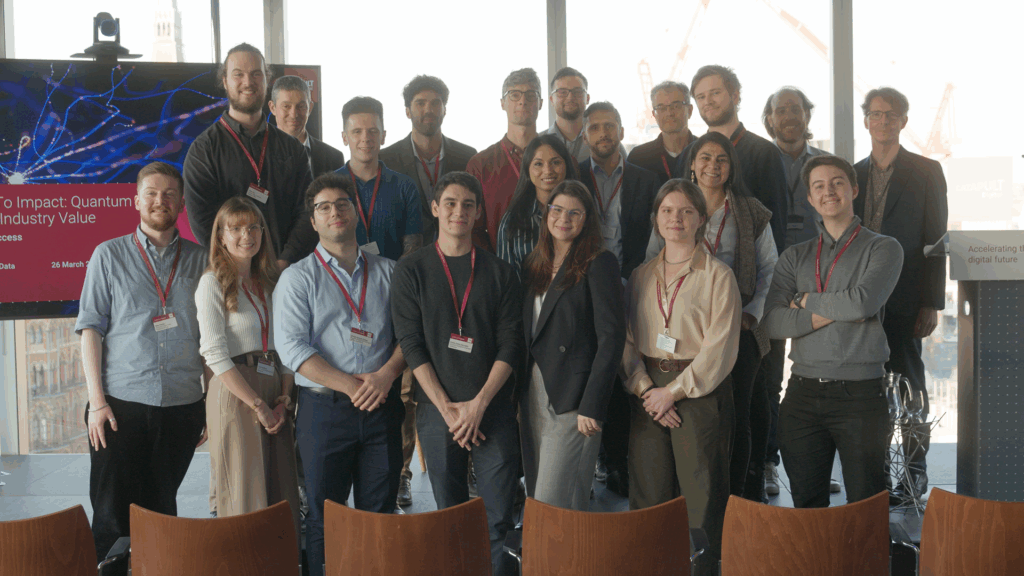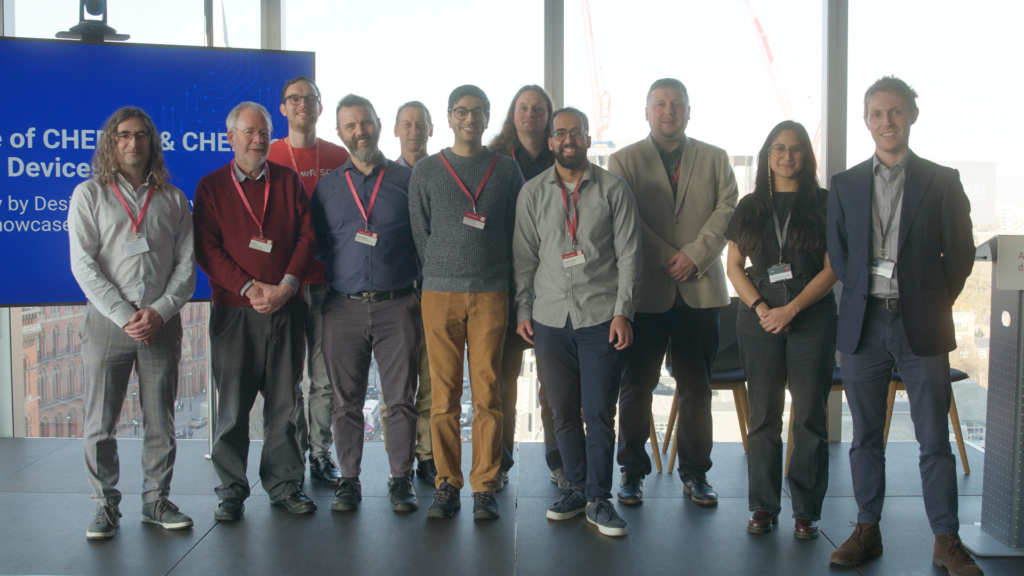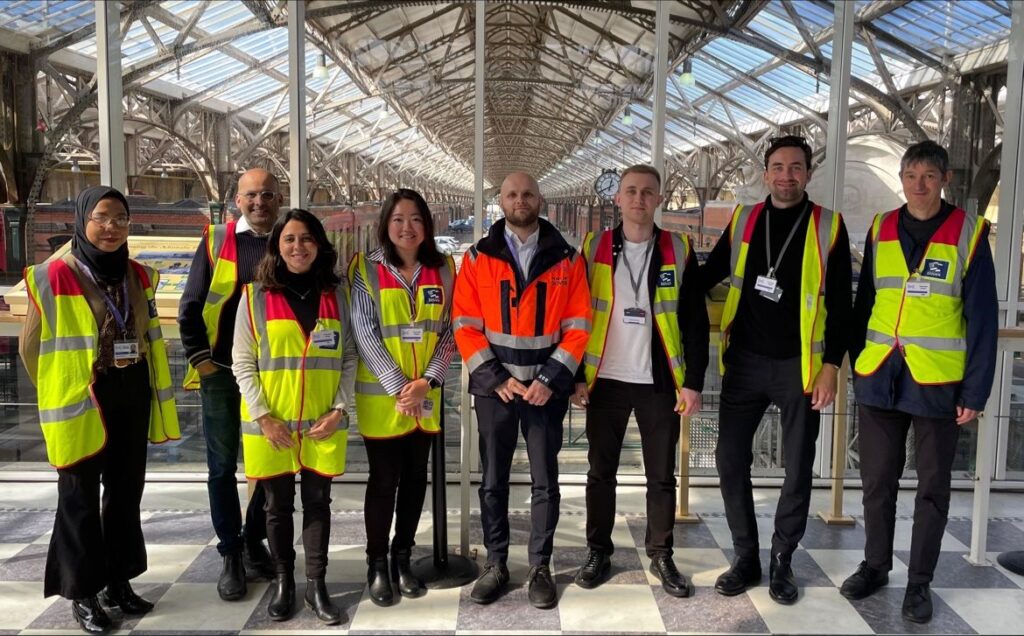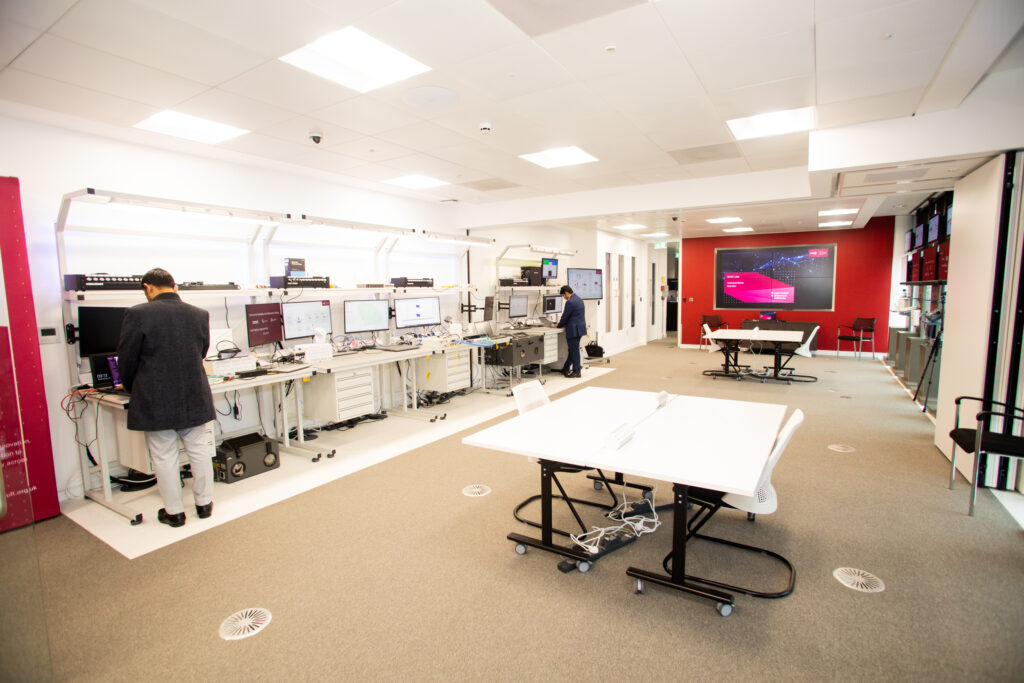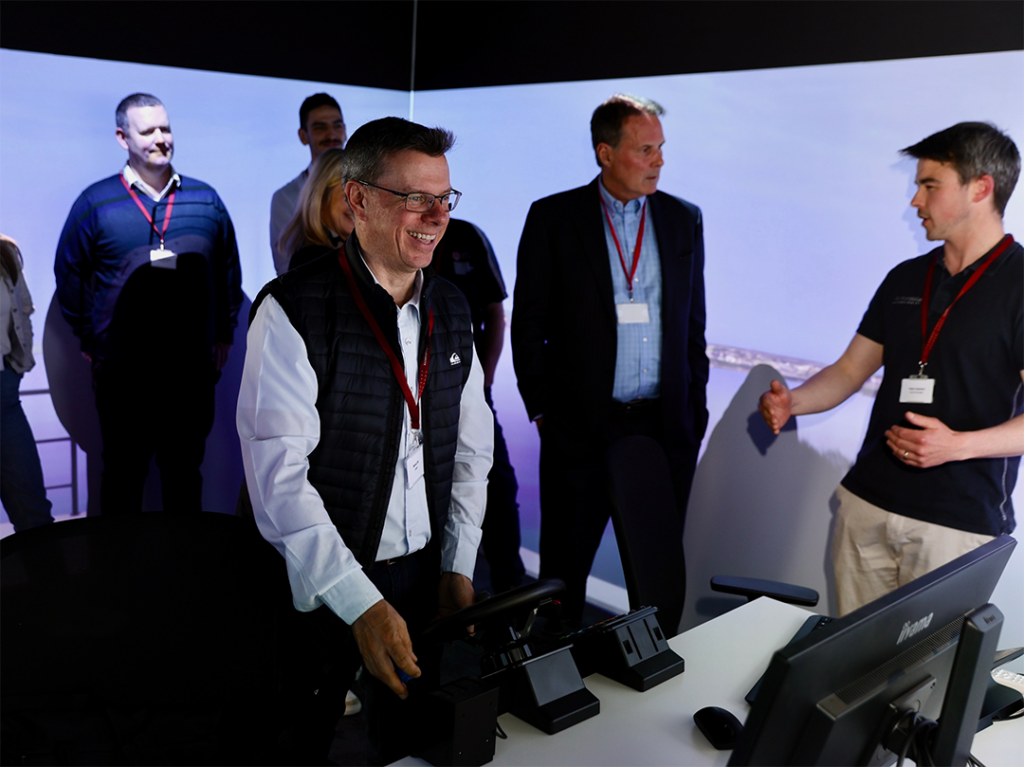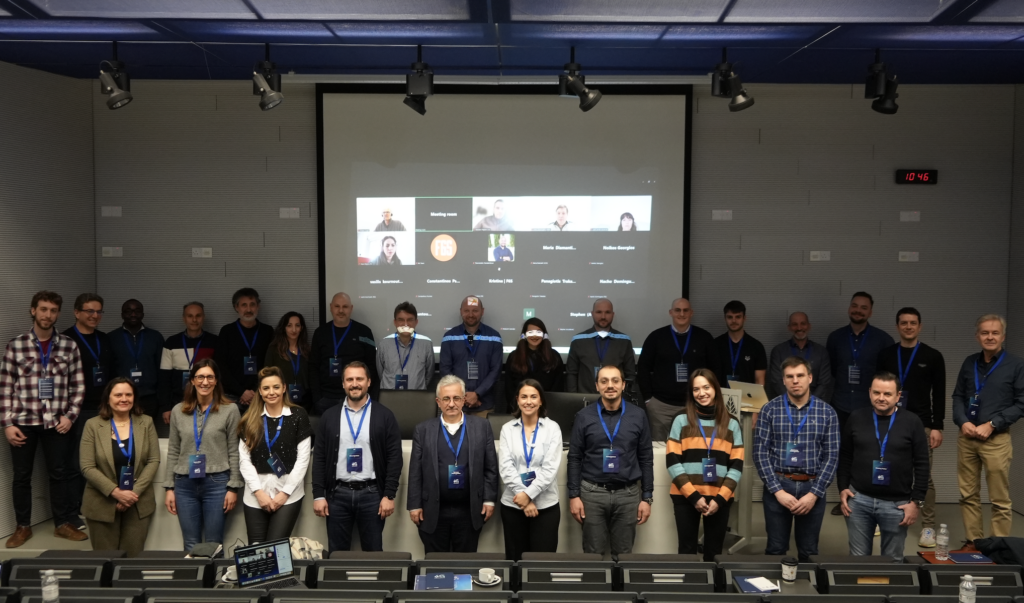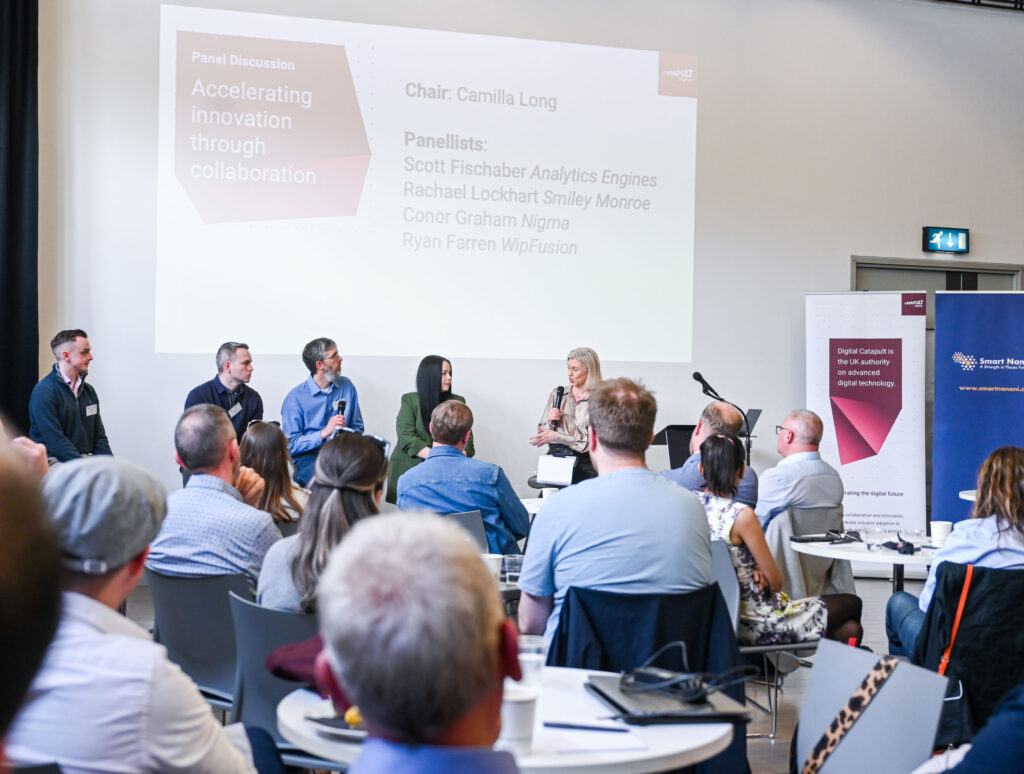Do you have innovative ideas about the power of artificial intelligence (AI), machine learning, visual data capture and processing and can apply them to the aviation industry?
The Royal Air Force is looking for startups, scaleups and academics to develop and pitch AI and machine learning, IoT or computer vision solutions that could help its on ground control teams to increase efficiency on ‘last look safety checks’ before aircraft take off.
On 8 April, shortlisted applicants will be invited to pitch to a board of experts from the RAF with how their current technology solutions can potentially be relevant to the predefined challenges.
The challenges
Improve the ‘last look check’ process and accuracy during aircraft taxi phase for safer training flights.
Last look procedure
Before take off, last look checks are visually carried out by the Truck Runway Controller. The controller uses visual aids such binoculars to scan the aircraft as it taxis to the runway threshold, looking for any anomalies. These can include locking pins that should have been removed, open panels or the aircraft is leaking excessive fluid, or issues with the configuration of the aircraft. Each aircraft has its own last look procedure.
The controller carries out the final check of the aircraft prior to take off, this is the last activity in a series of steps to ensure no issues have arisen since the aircraft began taxiing, or that a problem was missed during previous steps. The controller must stay vigilant as failure to identify an issue with the aircraft at this stage could have catastrophic consequences.
The Truck Runway Controller operates from a “caravan” at the runway threshold during times of aircraft activity. Should the controller identify a flight safety risk, they will warn the pilot through radio communications or firing a “very” flare.
As it stands there are some limitations to the ‘last look check’ procedure. Due to these limitations, there is always a residual risk that an anomaly remains undetected before aircraft take off.
At a glance these limitations include:
- Due to limited visibility these checks cannot be conducted at night and can be hindered in bad weather conditions
- Due to the location and availability of the RWC team only being on one side of the runway the ’last look check’ only happens on 50% of the aircraft
- As the observation caravan is stationed 75 metres away from the aircraft and runway, the accuracy of the ‘last look check’, even aided by binoculars, relies heavily on human vision
The RAF is looking for remote decision support on the condition of the aircraft and the safety to take off.
For this event the RAF alongside Digital Catapult will bring together innovative startups to present to an RAF panel potential solutions to two key challenges.
Challenge one: Data capture
How can the RAF enhance the accuracy of the ‘last look check’ with better visual data? This challenge looks at the ability to capture visual data from additional angles, or in tough conditions (for example at night or in bad weather). Technology solutions and further enhancements could be made to allow the acquisition of further data such as thermal vision or telemetric laser capacity.
Challenge two: Real-time data processing
The RAF would like to further optimise the collection, ingestion and processing of visual data in real-time to improve analysis and decision making to understand the safety of aircraft for take off.
Why should you get involved?
- Pitch directly to senior stakeholders and experts from the RAF and gain valuable feedback and insights
- Access exclusive visual data from the RAF
- Finalists will be invited to an RAF site visit
- Gain access and visibility in the defence and aviation sectors
- While the RAF does not plan to go straight into developing a POCs straight after pitch day, this is an excellent opportunity to build the basis of a strong relationship that could develop in the future.
Who should apply?
This event is designed for innovators with expertise in fields including computer vision, visual data analysis, artificial intelligence, IoT, machine learning, data engineering, smart cameras, anomaly detection.
The RAF is looking hear from research institutions, academics, startups and scaleups whose current work can help the RAF explore new solutions to this challenge.
Applicants should ensure at least one person per company is available to spend the day in London on 08 April from 09:00 to 16:30. It is advised to send a member of your team who understands your technology/product capability in depth.
About the partner
The Royal Air Force provides full-spectrum air and space power, professionally, effectively and efficiently. The RAF are ready to respond to threats, prevent conflict, watch the skies, deliver aid and combat cyber threats.
Outstanding people are at the heart of everything it does.
The Royal Air Force is currently engaged today in 15 missions, on four continents, in 22 countries.
The Royal Air Forces Rapid Capabilities Office (RCO) rapidly supports the delivery of capability. RCO programmes extend beyond equipment delivery into information analysis, and ‘people and process’ improvements, enhancing the capability delivered to the front line. It explores opportunities presented by emerging technologies, leveraging diversity in thought with novel and innovative ways of working.
Understanding of and response to the Brief/Open Call
We’re looking for evidence that applicants are able to respond to the challenges outlined in the Open Call and that responses demonstrate a level of understanding as to what our client would like to achieve. We are interested in innovators that can progress our client’s thinking and those that can work with them to mutual benefit.
Relevant industry experience
We are interested in applications from those who have relevant experience to the industry being addressed. Consideration will also be made for appropriate cross-industry knowledge and learning that can be applied from other sectors.
Expertise in the appropriate technology area
Applicants will have expertise and experience in appropriate technology areas. We are interested in those that can progress our client’s thinking and bring new cutting edge ideas into discussions.
Please contact pierre.baisle@digicatapult.
